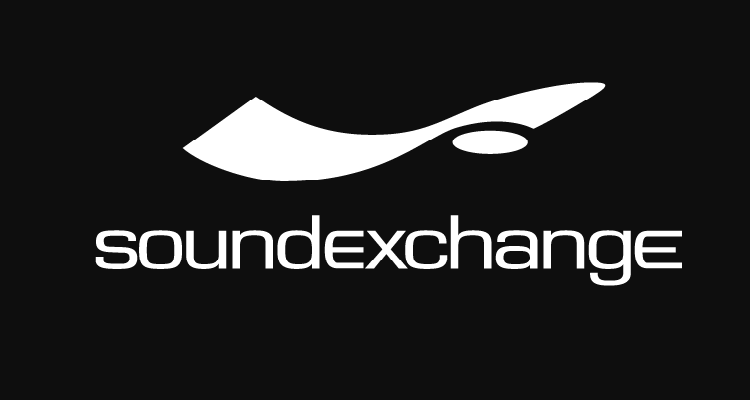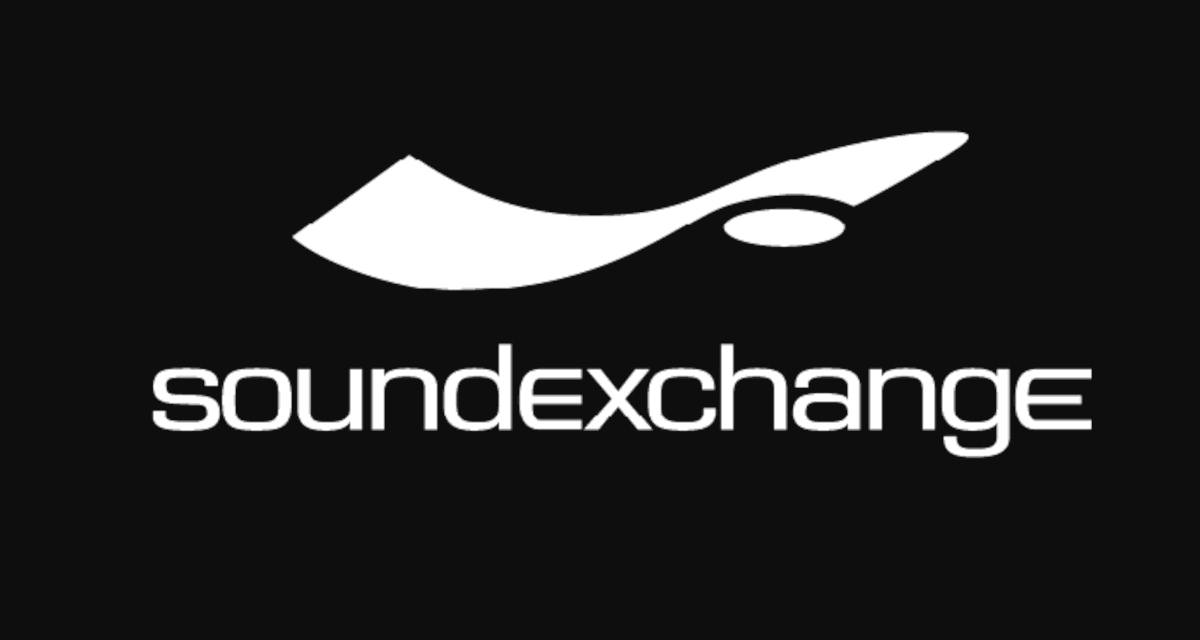
SoundExchange royalties reached $947 million last year, the 18-year-old organization revealed today, and the figure reflects an approximately four percent gain from 2019.
SoundExchange royalties totaled almost $947 million in 2020, according to a newly released report – a roughly $39 million (approximately 4.3 percent) boost from 2019.
The 18-year-old entity unveiled 2020’s collection specifics this morning, highlighting the above-mentioned figures (as well as a 5.3 percent operating administrative rate) and disclosing that total SoundExchange royalties have approached the $8 billion mark. Additionally, the non-profit noted that it now collects and distributes digital royalties “on behalf of more than 250,000 recording artists’ and master rights owners’ accounts.”
Addressing the 2020 collections – and the technology that made it possible to overcome pandemic-related logistical and operational challenges – in a statement, SoundExchange president and CEO Michael Huppe said: “It is a testament to our technology and data systems and [a] point of great pride that SoundExchange was able to continue to deliver on-time and seamless payments to creators throughout 2020.
“I’m especially pleased that last year’s payouts were so robust at a time when creators needed them the most. We will never stop innovating and expanding our financial technologies and services so that we can continue to be a trusted leader in the digital-first age of music,” finished the 14-year SoundExchange veteran.
On the public-performance side, the American Society of Composers, Authors and Publishers (ASCAP) revealed in March that it too had seen a year-over-year revenue increase in 2020, when collections exceeded $1.32 billion. The figure represents a $53 million improvement from 2019, with foreign revenue having grown by nine percent and domestic revenue having increased by 2.5 percent.
Broadcast Music, Inc. (BMI), for its part, announced back in September of 2020 that fiscal-year revenue (for the 12 months ending on June 30th, 2020) had jumped $28 million year over year, whereas actual distributions cracked $1.233 billion (up about three percent/$37 million from FY 2019). Direct-deal income hiked by more than 10 percent YoY, to $71 million.
Also worth noting is that the Department of Justice (DOJ) in January officially refused to change the roughly 80-year-old ASCAP and BMI consent decrees. Separately, the Copyright Royalty Board (CRB) last week increased webcasting royalty rates for the 2021-2025 period, and commercial-webcast subscription services and non-subscription commercial webcasters are now set to forward $0.0026 and $0.0021 per performance to SoundExchange, respectively.
Plus, following a controversial launch – and after ingesting $424 million in unclaimed streaming royalties – the Mechanical Licensing Collective (MLC) in April of 2021 announced the completion of its first distribution. But this distribution “did not include any historical unmatched royalties,” the MLC made clear.

